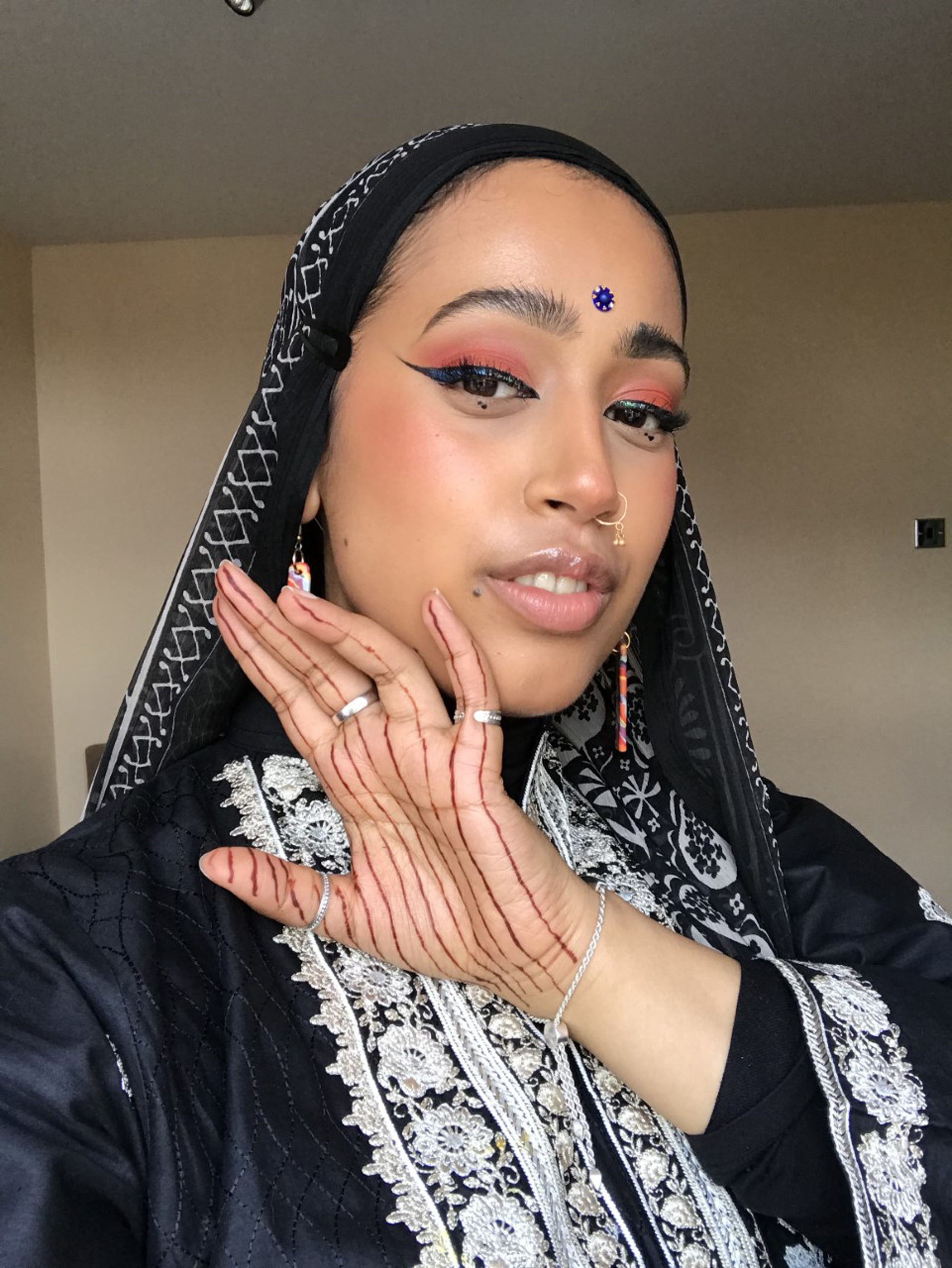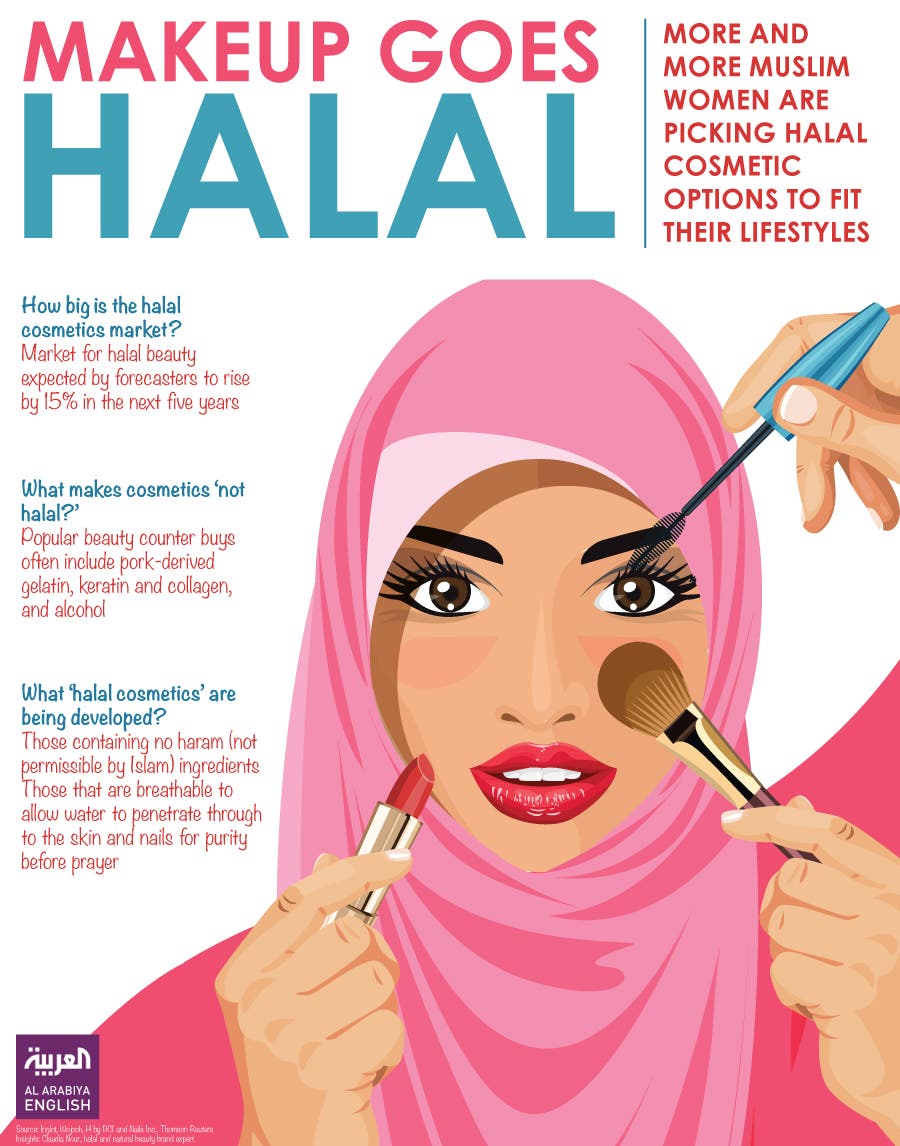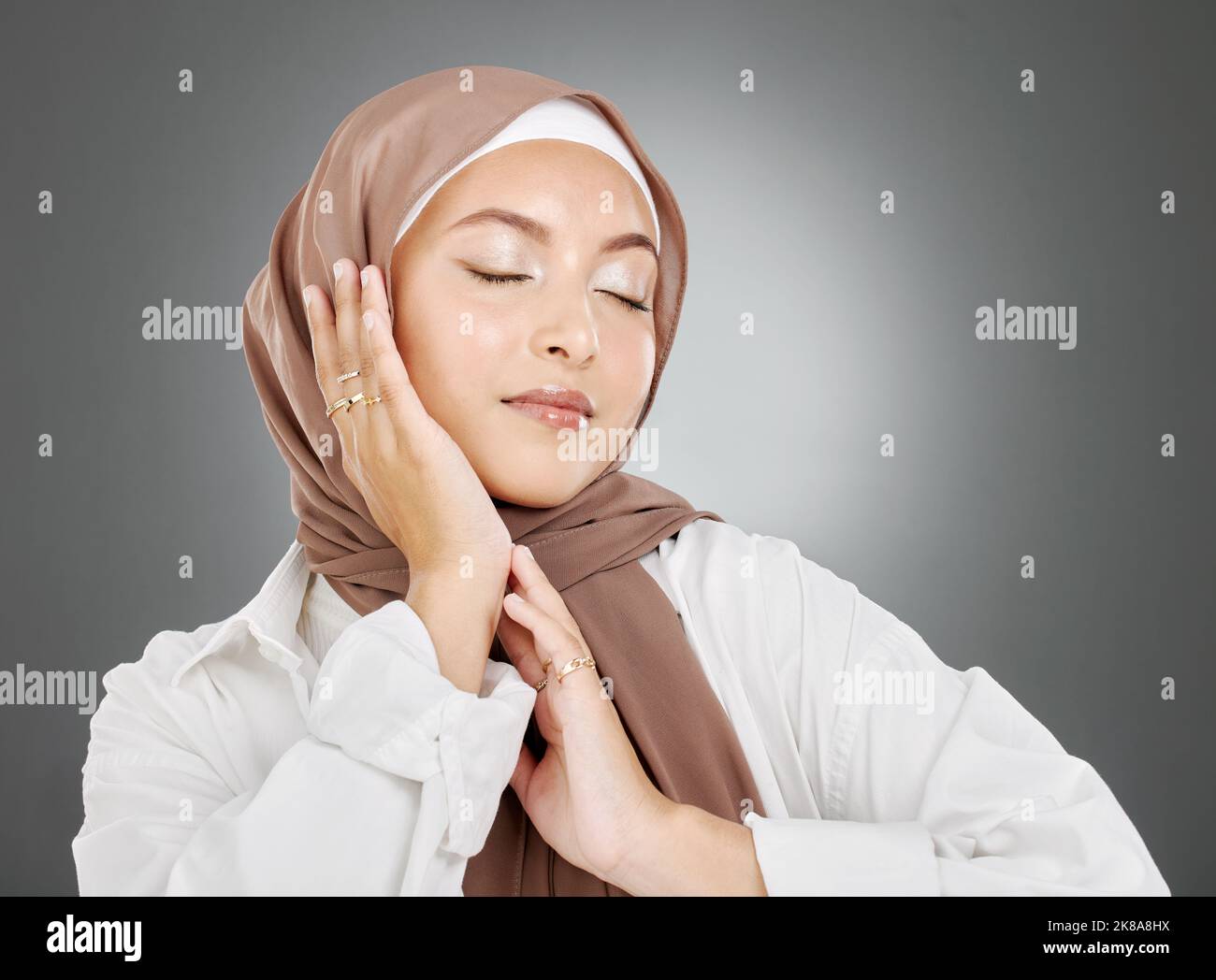The Islamic Perspective on Makeup: A Guide to Beauty and Modesty
Related Articles: The Islamic Perspective on Makeup: A Guide to Beauty and Modesty
Introduction
In this auspicious occasion, we are delighted to delve into the intriguing topic related to The Islamic Perspective on Makeup: A Guide to Beauty and Modesty. Let’s weave interesting information and offer fresh perspectives to the readers.
Table of Content
- 1 Related Articles: The Islamic Perspective on Makeup: A Guide to Beauty and Modesty
- 2 Introduction
- 3 The Islamic Perspective on Makeup: A Guide to Beauty and Modesty
- 3.1 The Islamic Perspective on Beauty and Modesty
- 3.2 Key Considerations in Islamic Makeup
- 3.3 Permissible and Prohibited Practices
- 3.4 FAQs on Islamic Makeup
- 3.5 Tips for Applying Islamic Makeup
- 3.6 Conclusion
- 4 Closure
The Islamic Perspective on Makeup: A Guide to Beauty and Modesty

The use of makeup is a common practice in many cultures, and its application varies widely, ranging from subtle enhancements to dramatic transformations. However, within the Islamic faith, the use of makeup is governed by specific guidelines that balance the desire for beauty with the principles of modesty and piety. This article aims to provide a comprehensive understanding of the Islamic perspective on makeup, exploring its significance, permissible practices, and ethical considerations.
The Islamic Perspective on Beauty and Modesty
Islam places great emphasis on the concept of beauty, both physical and spiritual. The Quran, the holy book of Islam, praises the beauty of creation and encourages individuals to appreciate and cultivate it. However, this appreciation is balanced with the principle of modesty, which emphasizes the importance of dressing and behaving in a manner that avoids attracting undue attention and promotes a sense of dignity and respect.
The concept of modesty in Islam extends to the use of makeup. While enhancing one’s natural beauty is not prohibited, Islam emphasizes that makeup should be used in a way that complements, rather than obscures, one’s natural features. It should be applied with discretion and moderation, avoiding excessive or provocative styles.
Key Considerations in Islamic Makeup
1. Intention: The intention behind using makeup is crucial. It should be driven by a desire to enhance one’s natural beauty and present oneself in a modest and respectful manner. Makeup should not be used for the purpose of attracting attention or eliciting inappropriate responses.
2. Visibility: The visibility of makeup is another important consideration. Islam emphasizes that makeup should not be applied in a way that draws excessive attention or makes one appear overly adorned. The focus should be on subtle enhancements that complement one’s natural features.
3. Purity and Hygiene: Islam places great importance on purity and hygiene. Therefore, it is essential to use makeup products that are halal (permissible) and free from ingredients that may be considered impure. The application of makeup should also be done in a clean and hygienic manner.
4. Adornment for the Husband: The Quran states that women should adorn themselves for their husbands. This implies that makeup can be used to enhance one’s appearance for the benefit of one’s spouse. However, it should be done in a manner that remains within the bounds of modesty and respect.
5. Public vs. Private: The context in which makeup is used is also important. While subtle enhancements may be acceptable in public settings, excessive or provocative makeup styles may be considered inappropriate. It is generally advised to avoid using makeup that may be considered offensive or disrespectful in public spaces.
Permissible and Prohibited Practices
Permissible Practices:
- Natural Enhancement: Applying makeup to enhance one’s natural features, such as filling in eyebrows, applying light eyeshadow, or using lip balm, is generally considered permissible.
- Subtle Coverage: Using foundation or concealer to cover blemishes or even out skin tone is also acceptable, as long as it is applied in a natural and subtle manner.
- Adornment for the Husband: Applying makeup for the purpose of pleasing one’s husband is permissible, as long as it is done within the bounds of modesty and respect.
Prohibited Practices:
- Excessive Use: Applying makeup in an excessive or provocative manner, such as using thick layers of foundation or applying bright, bold colors, is generally discouraged.
- Imitating Men: Islam prohibits women from imitating men in their appearance or behavior. Therefore, using makeup to create a masculine appearance is considered unacceptable.
- Provocative Styles: Using makeup to create a sexually suggestive or provocative appearance is strictly prohibited.
FAQs on Islamic Makeup
1. Is it permissible to use cosmetics containing alcohol or animal-derived ingredients?
No, it is not permissible to use cosmetics containing alcohol or animal-derived ingredients that are considered impure in Islam. It is important to choose halal cosmetics that are free from such ingredients.
2. Is it permissible to use makeup that covers the entire face?
The use of makeup that completely covers the face is generally discouraged in Islam, as it may obscure one’s natural features and make it difficult to identify the individual. However, the use of foundation or concealer to even out skin tone or cover blemishes is acceptable, as long as it is applied in a natural and subtle manner.
3. Can I use makeup when I am going out with non-Muslim friends?
The use of makeup when going out with non-Muslim friends is permissible as long as it is done within the bounds of Islamic modesty. It is important to consider the context and ensure that the makeup style is appropriate for the setting.
4. What are the consequences of using makeup that violates Islamic guidelines?
While the use of makeup that violates Islamic guidelines is not considered a major sin, it can be seen as a form of disobedience and may attract divine displeasure. It is important to strive to follow the guidelines of Islam in all aspects of life, including the use of makeup.
5. How can I find halal makeup products?
Many companies now produce halal cosmetics that are free from alcohol and animal-derived ingredients. You can search online for "halal makeup" or look for products that are certified by reputable Islamic organizations.
Tips for Applying Islamic Makeup
- Start with a clean face: Ensure your face is clean and free of impurities before applying makeup.
- Choose natural colors: Opt for natural shades that complement your skin tone and avoid bright, bold colors.
- Apply with a light hand: Use a light touch when applying makeup, avoiding heavy layers.
- Focus on enhancing natural features: Emphasize your natural beauty by subtly enhancing your eyes, lips, and eyebrows.
- Consider the context: Choose makeup styles that are appropriate for the setting and the occasion.
Conclusion
The Islamic perspective on makeup emphasizes the importance of balancing the desire for beauty with the principles of modesty and piety. By adhering to these guidelines, individuals can enhance their natural beauty while remaining true to their faith. The use of makeup should be viewed as a means of expressing one’s inner beauty and reflecting the grace and elegance that Islam encourages. By approaching makeup with intention, moderation, and respect for Islamic principles, individuals can embrace the beauty of creation while upholding the values of modesty and dignity.








Closure
Thus, we hope this article has provided valuable insights into The Islamic Perspective on Makeup: A Guide to Beauty and Modesty. We thank you for taking the time to read this article. See you in our next article!